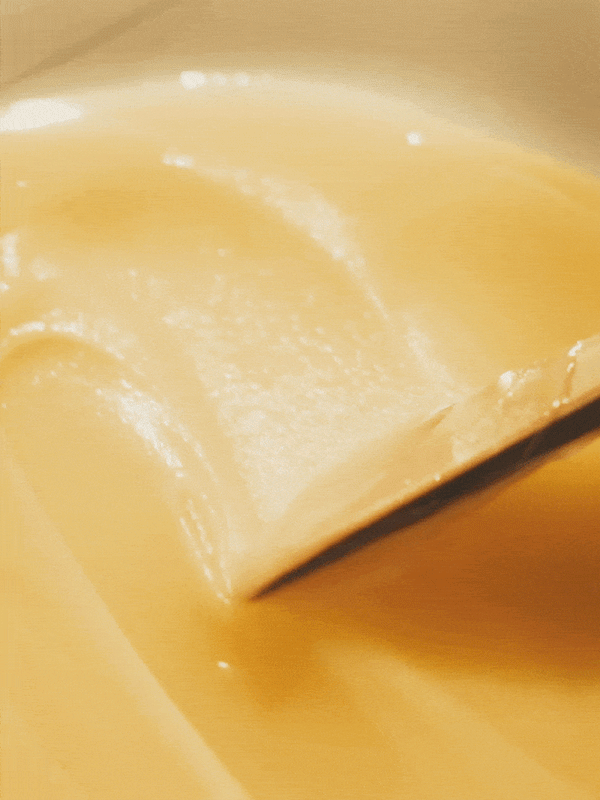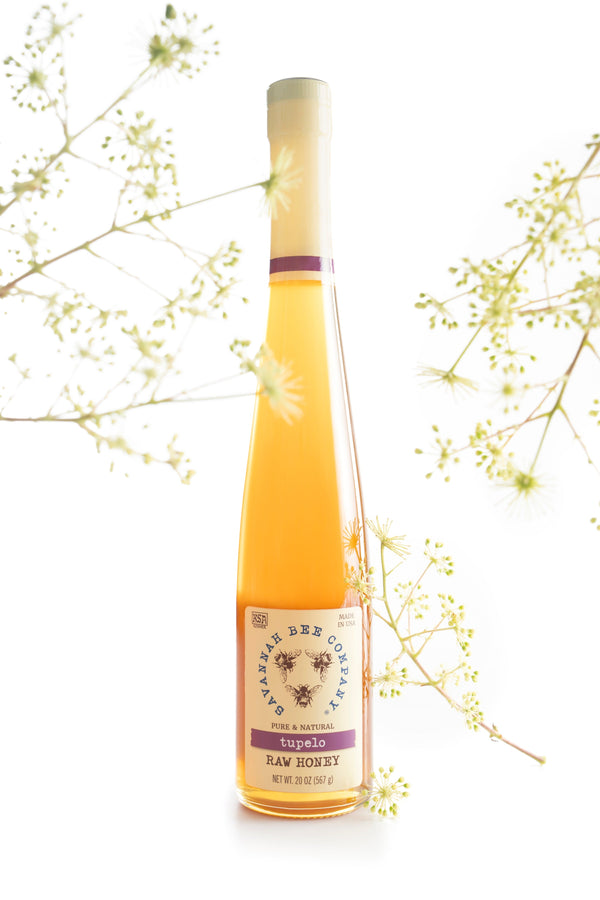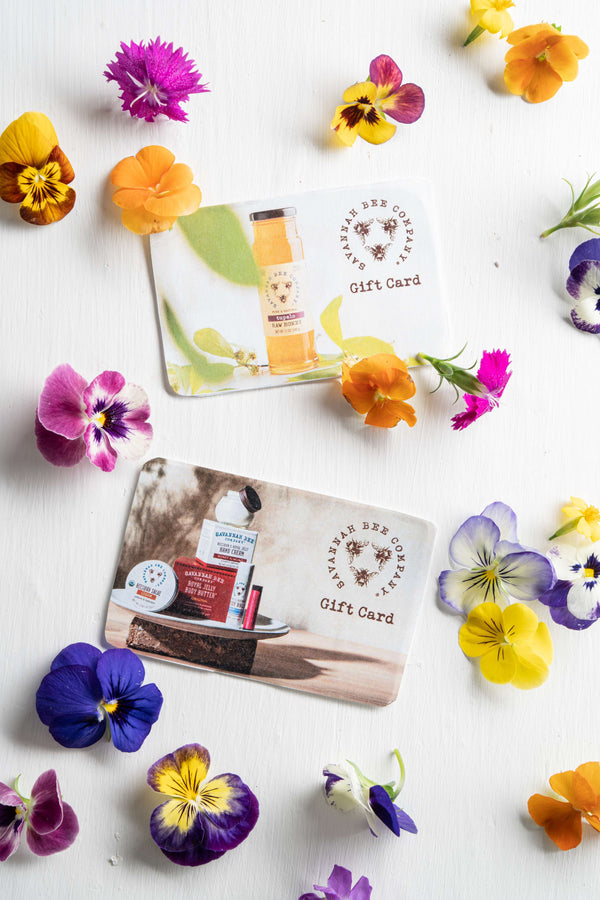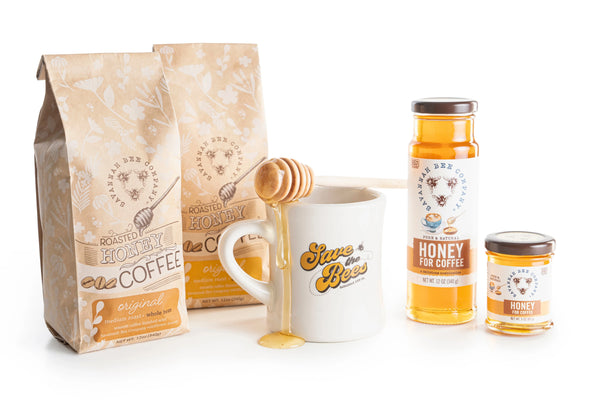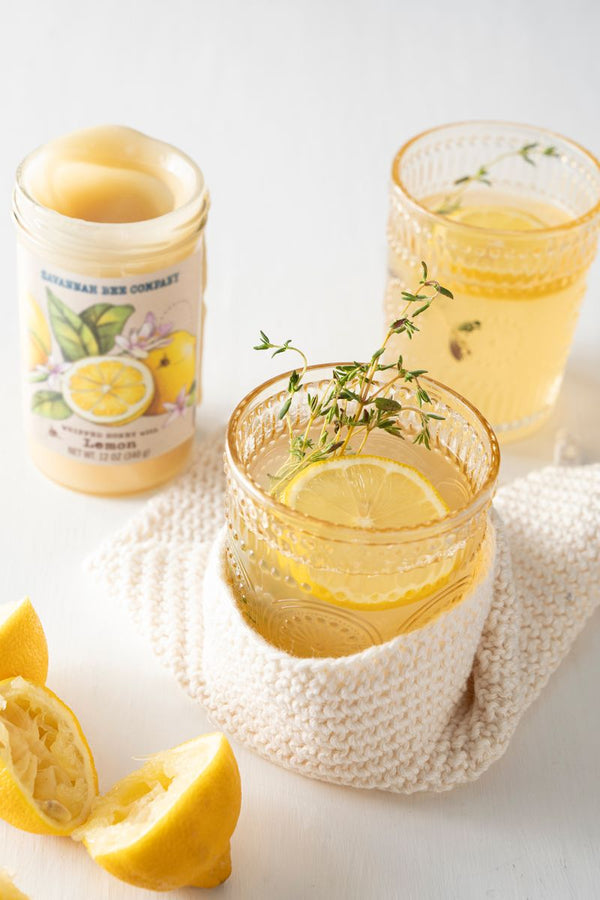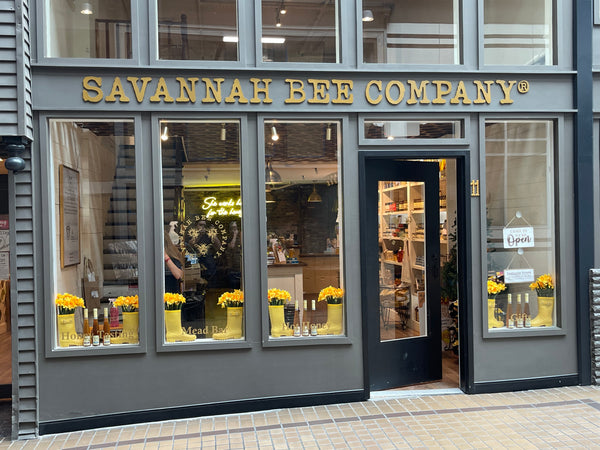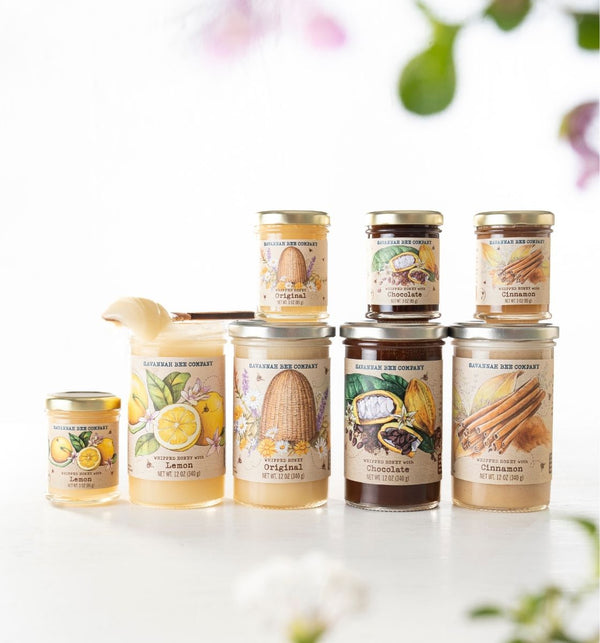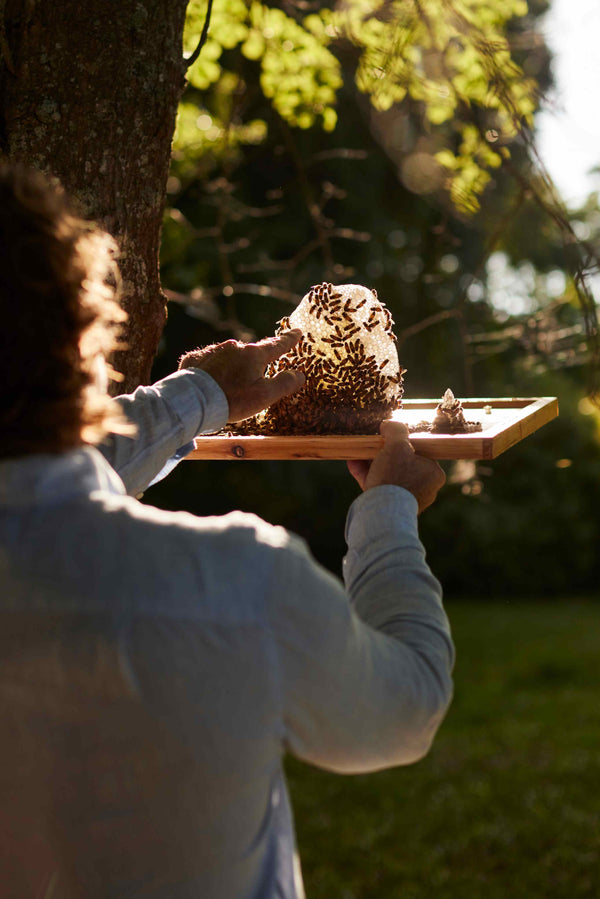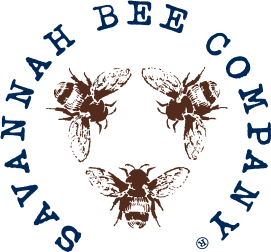Can a New Vaccine Help Save the Bees?
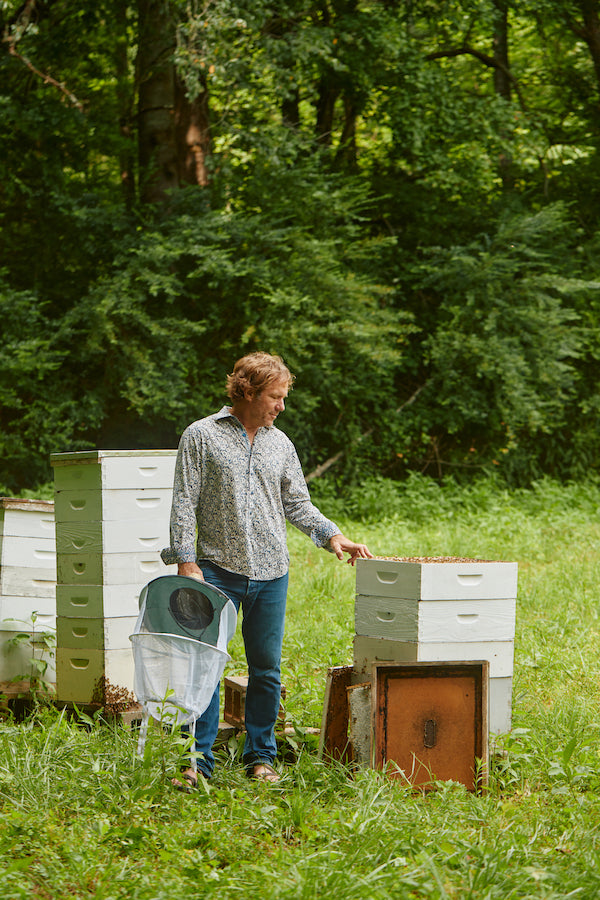
The declining health of honeybees has sounded alarms around the world, from the orange groves of Florida to the verdant hills of Ukraine to the bushlands of Australia.
These prolific pollinators are fundamental to human survival and the widespread collapse of bee colonies threatens not only the honey industry but the global food supply. But there’s good news on the horizon:
Researchers have developed a vaccine that protects hives from a ravaging disease that affects more than 25% of U.S. bee colonies.
Caused by the Paenibacillus bacteria, the aptly-named American foulbrood turns healthy nascent larvae into a terrible-smelling brown goop, effectively shutting down entire hives overnight.
This pernicious pest spreads so quickly that beekeepers must destroy any surrounding hives immediately and heap on antibiotics to surviving colonies, which can weaken bees’ development and impair their ability to collect pollen and produce honey.
How do we stop it?
The scientists of Athens, Ga.-based biotech company Danal Animal Health recently discovered that the most efficient way to combat the affliction among beehives is through their queen.
Studies show that by feeding her royal jelly infused with inactive strains of Paenibacillus bacteria, the queen passes on immunity to the thousands of eggs she lays every day, which then hatch already protected from the ruinous disease.
This tactic, known as “immune priming,” appears to have no negative impact on the queen — or the quality of honey produced by the hive.
The US Dept. of Agriculture approved the vaccine in the first weeks of 2023 and has recommended it for use by commercial beekeepers as soon as possible.
It is the country’s first vaccine for insects, which have long been thought impossible to immunize against illness and brings hope for a whole new slew of solutions.
University of Georgia entomologist Keith Delaplane, who has partnered with Danal in the development of the foulbrood vaccine, acknowledges that “it’s no silver bullet” when it comes to the bevy of perils that bees currently face, including climate change, habitat destruction,poisonous pesticides, and the catastrophic Varroa mite.
However, the fact that bees can be immunized at all presents an entirely new area of study that can be applied to other challenges affecting hive health.
“Someday, we could have a cocktail that solves a lot of bee problems,” Delaplane told the New York Times in January. “That would be the holy grail.”
Here at Savannah Bee Co. the announcement of the new vaccine (and from our home state, no less!) has brought celebration and relief.
We humbly understand how vital bees are to the entire web of life — to the flowers, the animals, to our families and to yours.
Our health is their health, and we look forward to more scientific advancements that support the bees.
"It's incredible that science has given beekeepers a way to help protect the hives and their queens from these destructive threats," says Ted Dennard, Savannah Bee Co.'s founder and lifelong bee advocate.
"We need to do whatever we can to save the bees — for them, for ourselves, and for the planet."
Published



